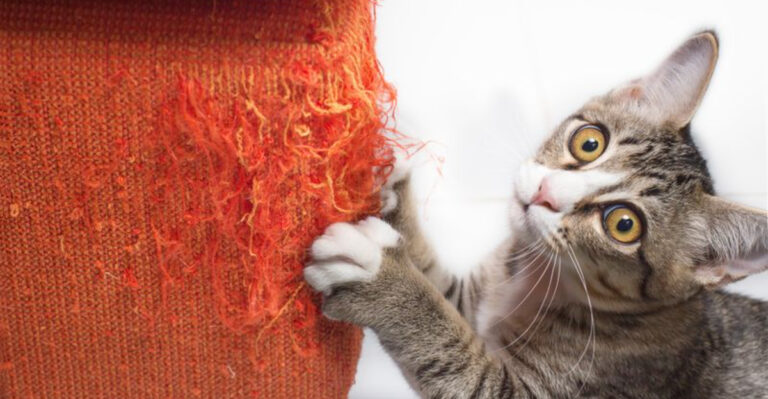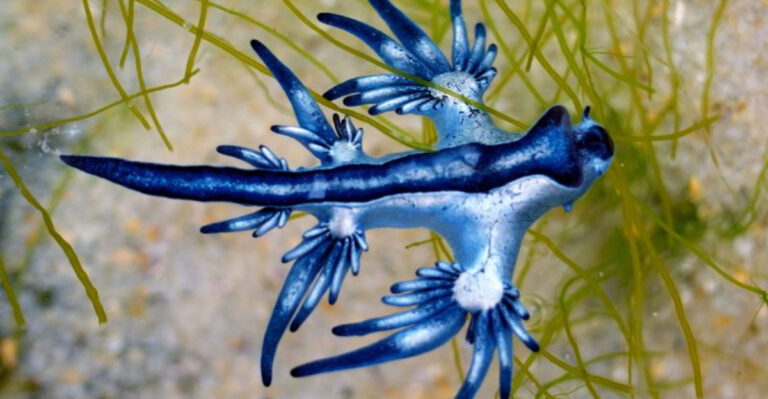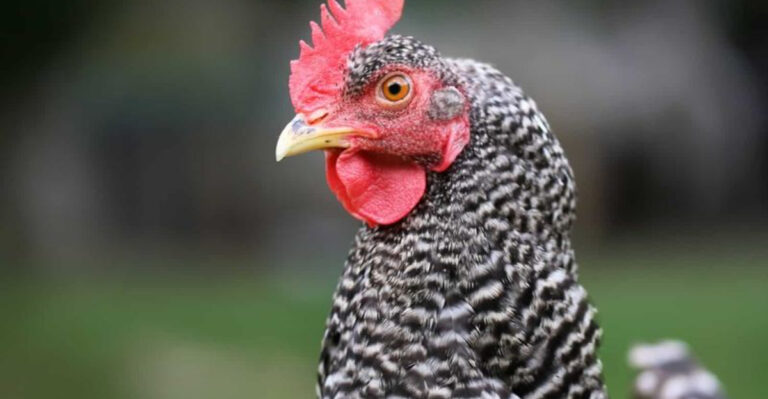14 Reasons Why Puffer Fish Makes A Terrible Pet
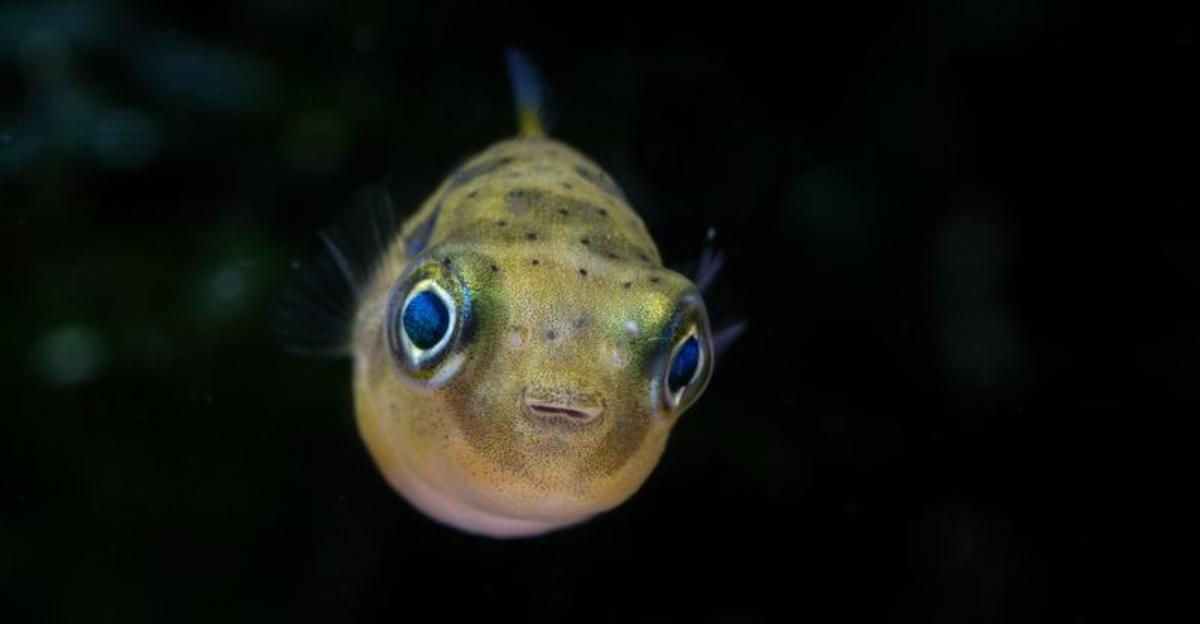
So, you’re thinking about bringing home a puffer fish as your underwater buddy? While they might look charming with their quirky puffs and unique patterns, these fish come with a boatload of challenges. Dive into these 14 reasons to understand why puffer fish may not be the best choice for your home aquarium.
1. High Maintenance Needs
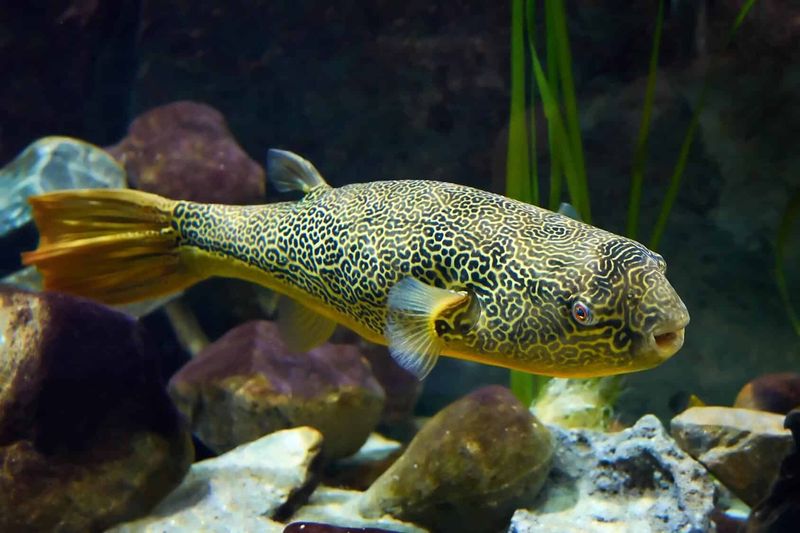
Picture maintaining a fish tank as a full-time job. With puffer fish, you’re constantly adjusting water conditions, cleaning, and monitoring them.
Their need for pristine water quality is relentless. If you think an easy-peasy pet is what you want, think again! It’s like having an aquatic diva demanding a red carpet treatment.
2. Specialized Diet Requirements
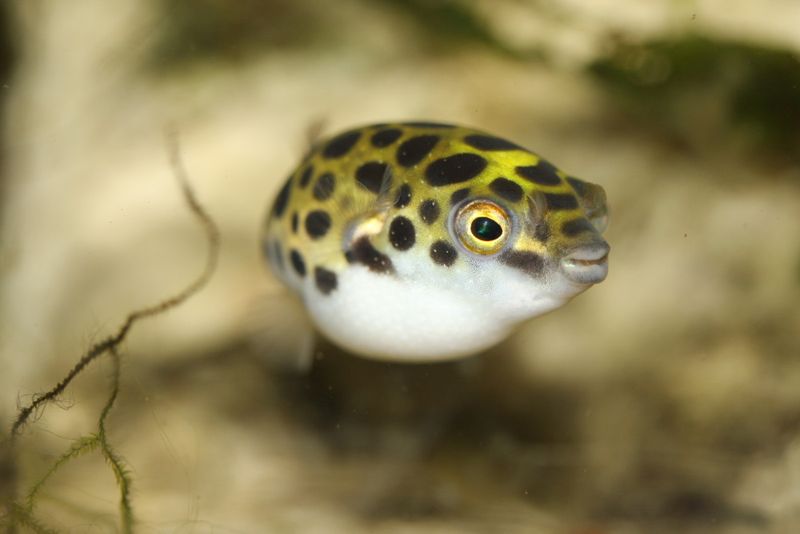
Forget about tossing in standard fish flakes; puffer fish have gourmet tastes! They munch on hard-shelled creatures to keep their beak-like teeth trimmed.
Imagine preparing meals worthy of a seafood restaurant just for your fish. It’s a culinary challenge! If you’re not a fan of food prep, this might make you think twice.
3. Aggressive Nature
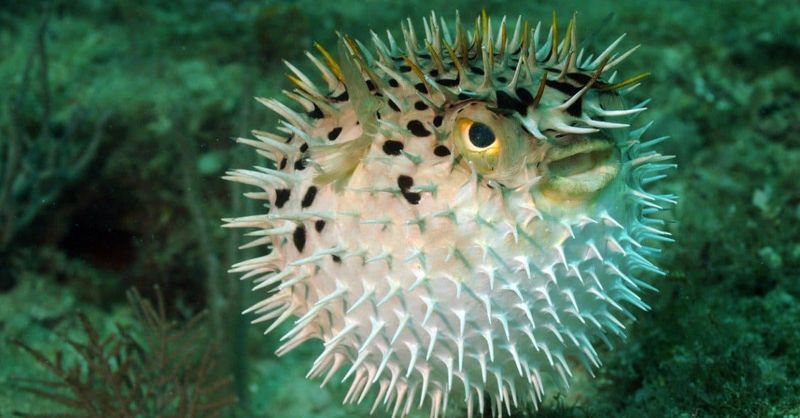
These fish don’t believe in ‘live and let live.’ Many have an aggressive streak, especially during feeding time. Keeping them with other fish?
That’s asking for trouble! Their spiky defense mechanism isn’t just for show; it’s how they roll. So, unless you fancy a solo act in your aquarium, puffer fish aren’t the best roommates.
4. Toxic Defense Mechanism
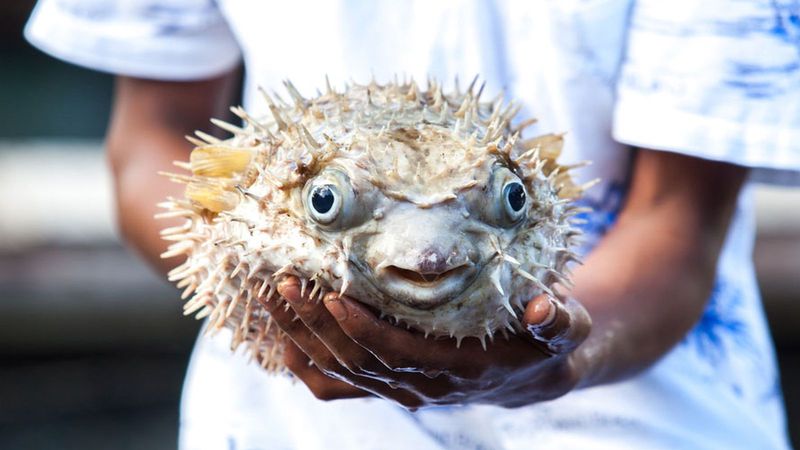
When stressed, puffer fish release toxins that can be lethal to tank mates and, if mishandled, harmful to humans. It’s like having a pet that carries its own biohazard warning!
Safety precautions are a must. If you’re not used to dealing with toxic substances, this pet might not be the safest choice.
5. Complex Behavior Patterns
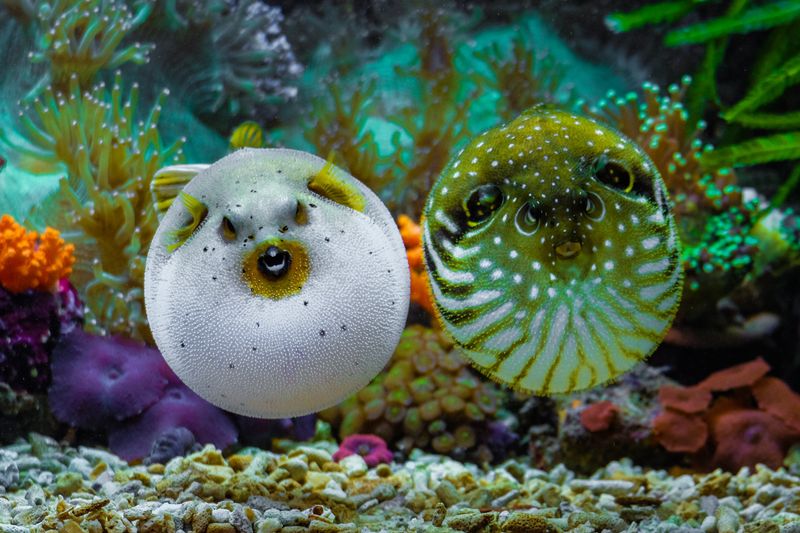
These fish are as quirky as they look, with behavior that can baffle even seasoned aquarists. They exhibit complex patterns and need environmental enrichment to avoid stress.
A simple tank won’t cut it; they need marine entertainment! If you enjoy understanding animal quirks, maybe this challenge appeals. If not, it could be overwhelming.
6. Rapid Growth Rates
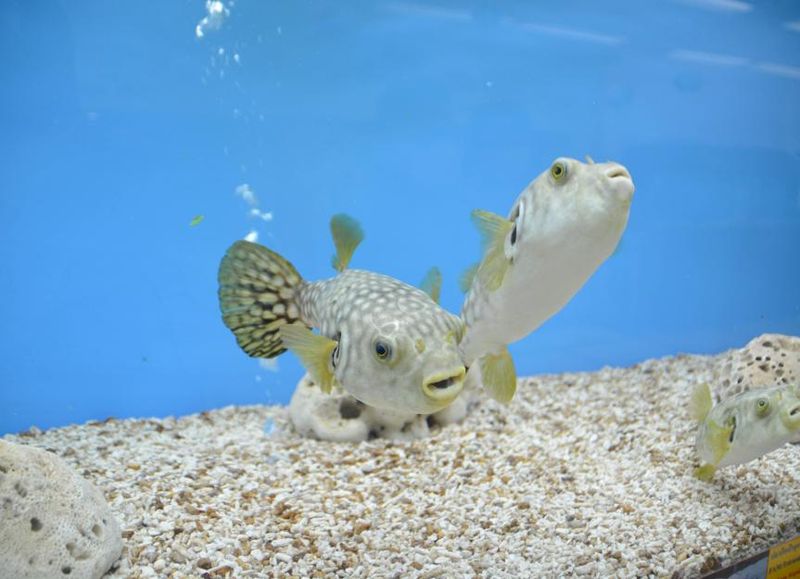
Like watching a magic trick, you’ll see your small puffer fish grow rapidly into a sizeable aquatic resident. This growth spurt demands a larger tank and more resources.
It’s not just a fish; it’s a growing investment! If you’re not prepared to upgrade their home, this could become a big problem, literally.
7. Short Lifespan
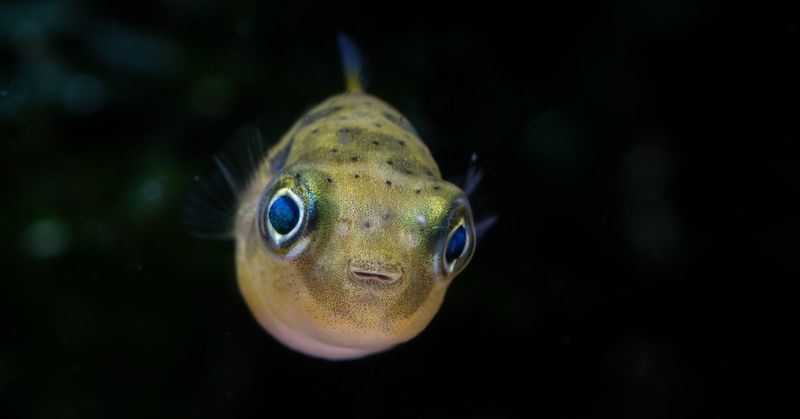
Despite their hard-to-care nature, puffer fish have surprisingly short lifespans, often leaving you with an emotional roller-coaster ride.
One minute, you’re bonding; the next, you’re saying goodbye. It’s a brief yet intense relationship. If you’re looking for a long-term aquatic companion, puffer fish might just break your heart.
8. Costly Equipment And Setup
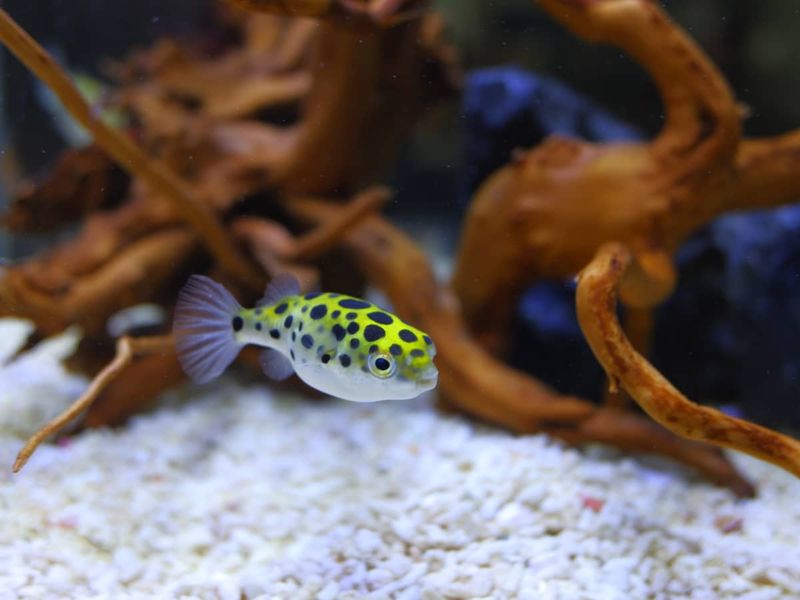
Setting up a suitable environment for puffer fish isn’t cheap. Think high-end aquariums, advanced filtration systems, and specialized lighting.
It’s like setting up a luxury spa but for fish! If you’re on a budget, this fish will take a bite out of your wallet. Not the thrifty pet solution for sure.
9. Challenging Breeding Conditions
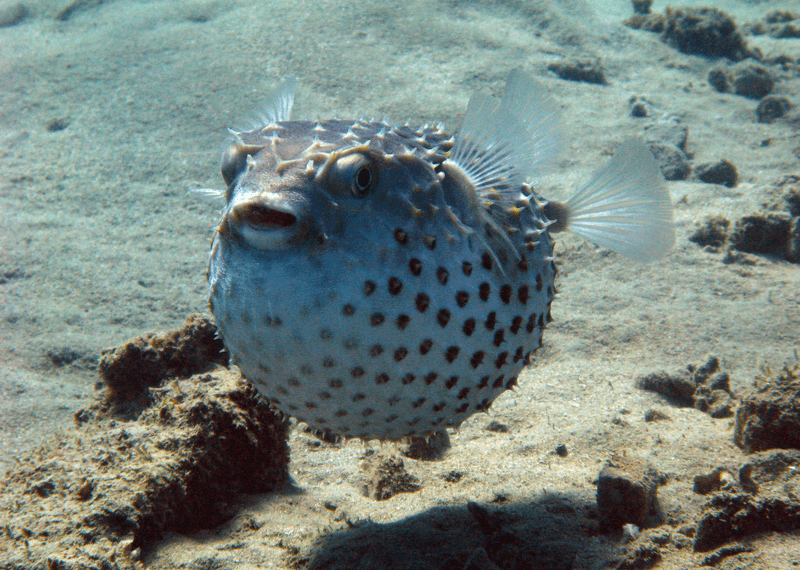
Breeding puffer fish is like cracking a safe; it’s complicated and requires precise conditions. Success is rare, even for experienced breeders. If you dream of a family of puffers, brace yourself for potential disappointment. It’s a pursuit of patience and precision, not for the faint-hearted hobbyist.
10. Sensitive To Environmental Changes
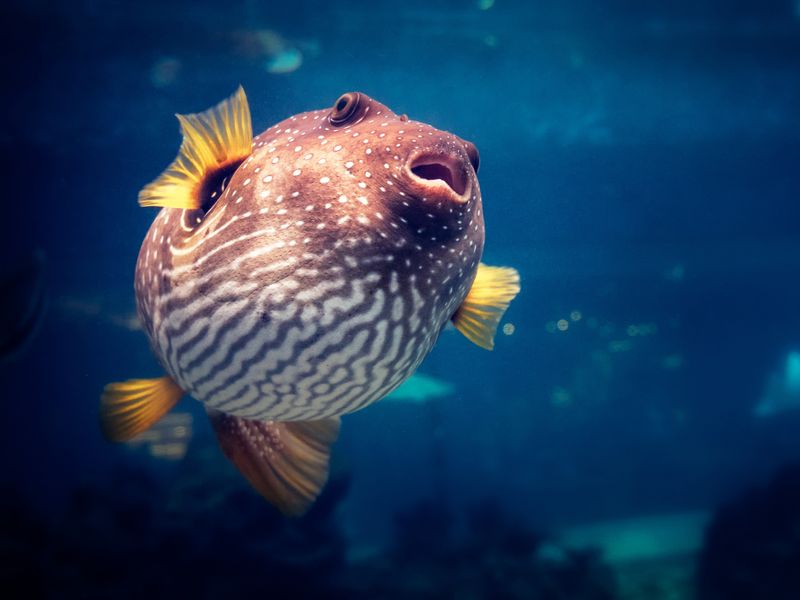
Puffer fish respond to changes like divas to a missed note. They are sensitive to even slight environmental shifts, making them delicate residents. It’s all about maintaining constant conditions. If you’re not one to keep a steady hand on the controls, this pet could easily stress you out.
11. Territorial Behavior
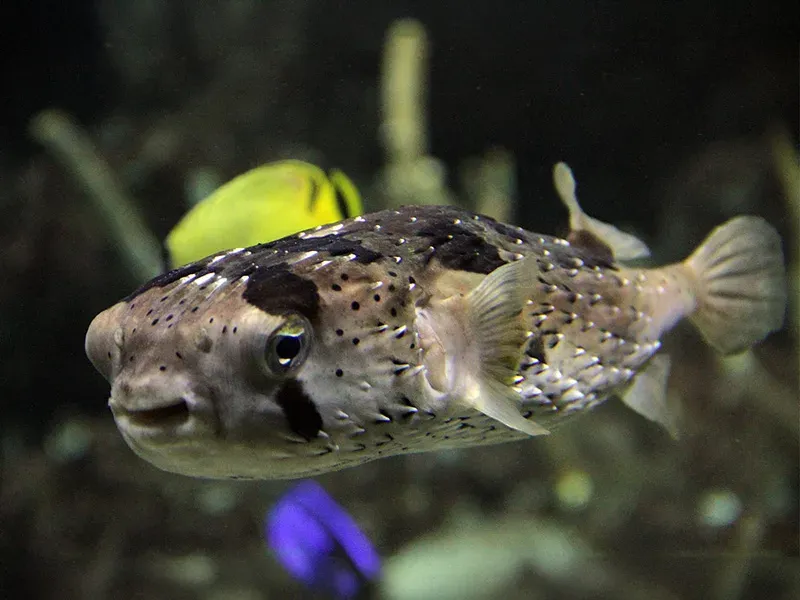
These fish take property rights seriously! Puffer fish are highly territorial and can become aggressive if they feel their space is invaded. Sharing isn’t in their vocabulary. If you’re planning a multi-fish tank, prepare for drama. It’s a solo act for this water warrior unless you enjoy aquatic conflicts.
12. Nocturnal Habits
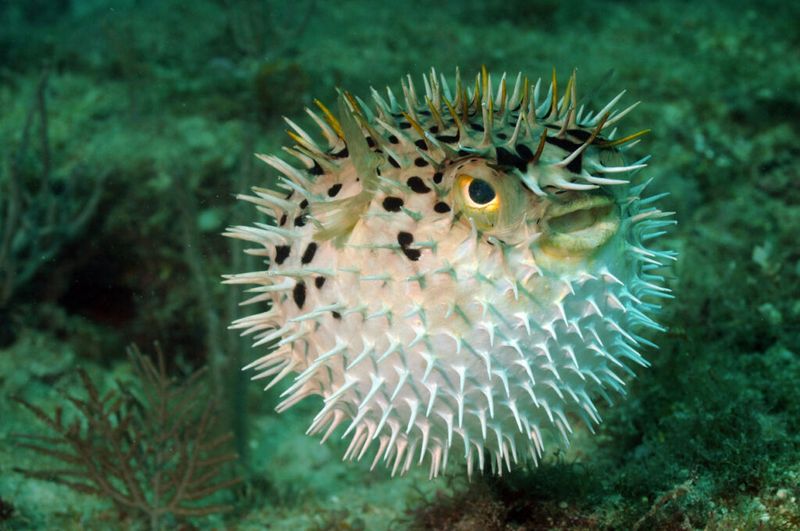
Just when you’re winding down, puffer fish are gearing up. Their nocturnal nature means they might be most active when you’re not. It’s like having a pet on a different time zone! If you’re a night owl, this might work. Otherwise, prepare for missed moments of their most vibrant activities.
13. Lack Of Interaction And Bonding
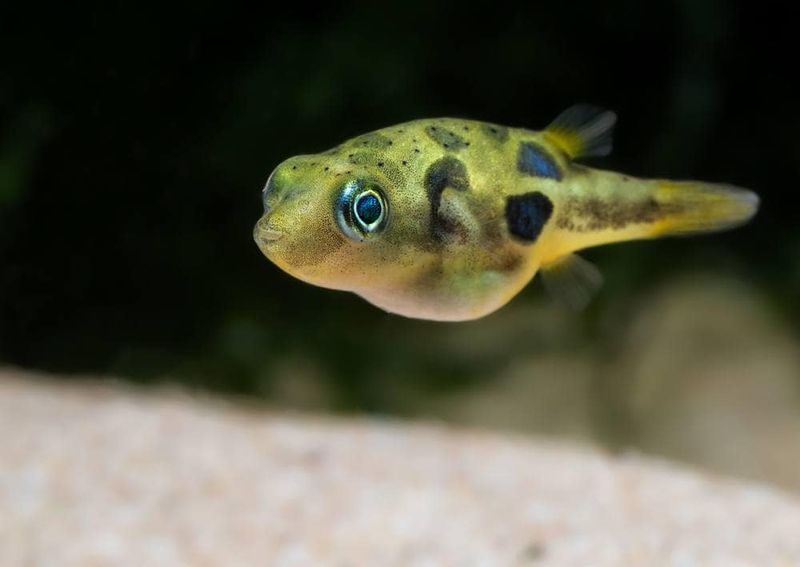
Unlike other pets, puffer fish aren’t going to wag their fins to greet you. They’re more independent and aloof, making bonding a challenge. If you’re hoping for affection or interaction, look elsewhere. This fish swims to its own beat, more observer than participant in your life.
14. High Risk Of Illness
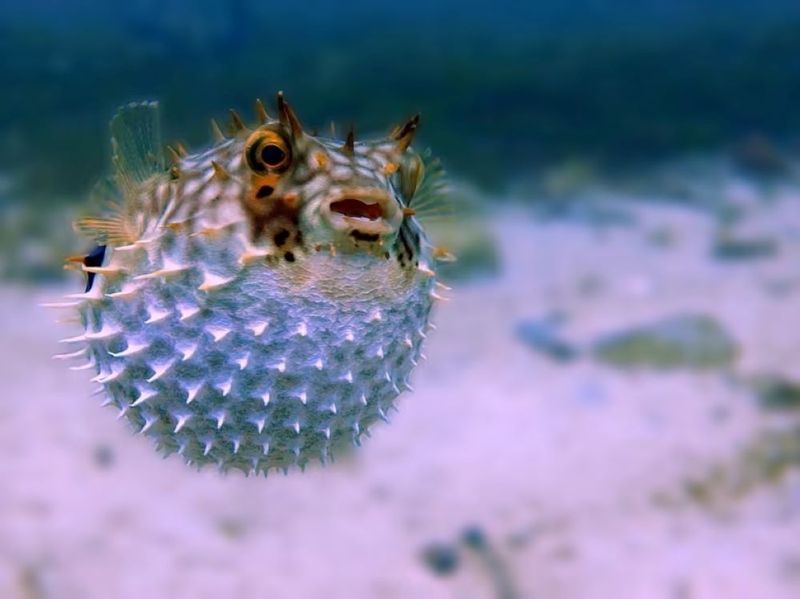
Despite their robust look, puffer fish are susceptible to illnesses, often requiring specialized medical care. It’s like having a hypochondriac pet! Frequent vet visits can become a norm, testing your patience and wallet. If you’re not up for playing fish doctor, think carefully before diving in.


